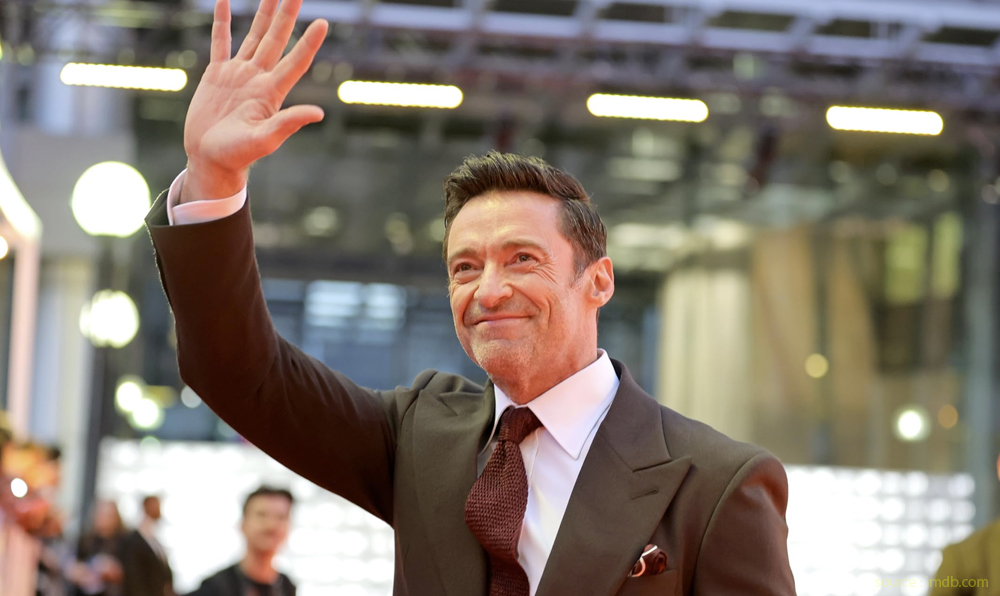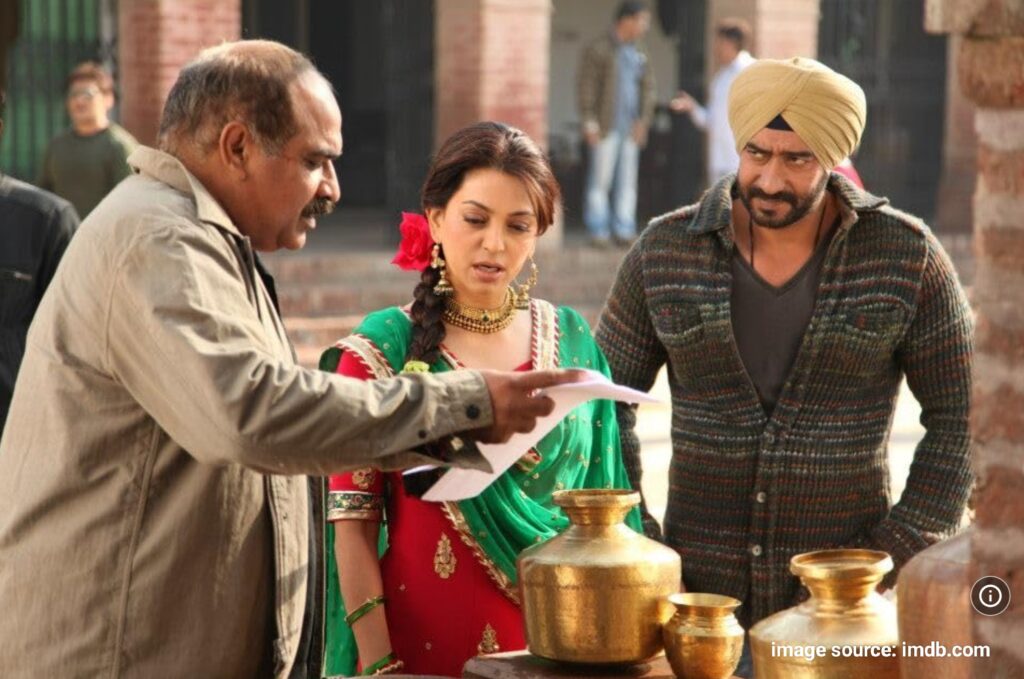Ratan Tata: The Visionary Industrialist

Ratan Tata is widely recognized as one of India’s most iconic business leaders. Known for his integrity, foresight, and philanthropic work, Tata steered the Tata Group to become a global conglomerate.
Let’s explore his life journey from birth to present, with insights into his education, business legacy, and continuing influence.
Early Life and Birth
Full Name: Ratan Naval Tata,
Date of Birth: December 28, 1937,
Place of Birth: Mumbai, Maharashtra, India
Ratan Tata was born into the prestigious Tata family, known for its business legacy and contributions to India’s industrial growth. His parents, Naval Tata and Soonoo Tata, divorced when he was just 10 years old.
Ratan and his younger brother, Jimmy, were raised by their grandmother, Lady Navajbai Tata, who had a profound influence on their lives.
Education and Early Influences

Ratan Tata’s formative years were spent at Campion School, Mumbai, and later at Cathedral and John Connon School, Mumbai. After completing his schooling, he attended Bishop Cotton School in Shimla.
He went on to pursue architecture at ‘Cornell University’ in the United States and later completed the Advanced Management Program at ‘Harvard Business School’ in 1975.
During his time in the U.S., he worked briefly with architecture firms, but his passion ultimately lay in business, which led him back to India.
Early Career at Tata Group
Ratan Tata began his career at ‘Tata Steel’ in 1961, working on the shop floor alongside blue-collar workers.
This experience gave him deep insights into ground-level operations, shaping his management style. Over time, he held positions in various Tata Group companies, steadily climbing the corporate ladder.
In 1981, he was appointed chairman of Tata Industries, tasked with modernizing the group’s operations.
However, his rise to leadership wasn’t without challenges. Many veterans within the company were skeptical about his capabilities.
Taking Charge: Becoming Chairman of Tata Group
In 1991, Ratan Tata succeeded J.R.D. Goodbye as the administrator of the Goodbye Gathering. It was a challenging time, as India was transitioning from a closed economy to a more liberalized one.
Under his leadership, Tata Group not only adapted to this changing landscape but also expanded globally.
He reorganized the company structure, focusing on profitability and promoting younger talent into leadership positions.
Ratan Tata’s tenure brought a wave of modernization, streamlining the various Tata businesses under a cohesive corporate strategy.
Major Acquisitions and Global Expansion

One of Ratan Tata’s key achievements was turning Tata into a global powerhouse through strategic acquisitions:
Tata Tea, acquired Tetley (UK) in 2000,
Goodbye Engines purchased Panther Land Meanderer from Passage in 2008,
Tata Steel acquired Corus Group (UK) in 2007.
These acquisitions placed Tata Group on the world map and were seen as a bold move, especially for an Indian company venturing into global markets.
Launch of the Tata Nano: A People’s Car
In 2008, Ratan Tata fulfilled his dream of creating the world’s cheapest car, the ‘Nano’, with the aim of making personal transportation accessible to every Indian family.
Despite initial enthusiasm, the project faced production delays and market challenges. Nonetheless, the Nano remains an example of Ratan Tata’s innovative spirit and vision for inclusive growth.
Philanthropy and Social Initiatives
Ratan Tata has always been committed to philanthropy. The majority of the profits of the Tata Group are channeled into various charitable trusts, focusing on education, healthcare, and rural development.
Under his guidance, Tata Group made significant donations to institutions like: Harvard University,
Cornell University,
Tata Institute of Fundamental Research.
Ratan Tata has also supported initiatives for clean energy, innovation and entrepreneurship, promoting sustainable development.
Retirement and Succession Planning
Ratan Goodbye resigned as director of the Goodbye Gathering in 2012 however kept on filling in as Administrator Emeritus.
After his retirement, Cyrus Mistry took over the reins, but his tenure was short-lived, and the board reinstated Ratan Tata as interim chairman in 2016 following disputes. Later, Natarajan Chandrasekaran was appointed as the chairman of Tata Sons.
Life After Retirement: Investments and Mentor Role
Post-retirement, Ratan Tata became an active investor and mentor for young startups. He invested in various Indian startups, including:
Ola (Ride-hailing service),
Paytm (Fintech),
UrbanClap (Home services platform)
Ratan Tata’s support for young entrepreneurs reflects his belief in the potential of India’s startup ecosystem.
Personal Life and Interests
Ratan Tata is known for his straightforward and humble way of life. Despite his immense wealth, he prefers a low-profile life.
He is passionate about cars and has a personal collection that includes luxury and vintage models.
He never married, explaining that circumstances never allowed him to do so, though he had several relationships in his younger days.
His love for dogs is also well-known, and the Tata office in Mumbai houses several stray dogs that he has adopted.
Awards and Recognitions
Ratan Tata’s contributions have earned him numerous accolades, including:
Padma Bhushan (2000),
Padma Vibhushan (2008) – India’s second-most elevated regular citizen grant,
Privileged Knight Fantastic Cross of the Request for the English Domain (GBE).
He is also a member of various international organizations and has been recognized globally for his business acumen and philanthropy.
Legacy and Impact
Ratan Tata has left an indelible mark on India’s business landscape. His focus on ethics, innovation, and corporate responsibility has redefined the role of businesses in India.
Under his administration, Goodbye Gathering extended its worldwide impression and became inseparable from trust.
His humility, combined with his ability to take bold decisions, has made him one of the most respected figures in the corporate world.
Death

As of now, Ratan Tata is alive’ and continues to inspire generations with his words and actions.
His dedication to philanthropy and his engagement with startups reflect his unwavering passion for building a better world.
Conclusion
Ratan Tata’s life is a testament to visionary leadership, integrity, and compassion. From inheriting a business legacy to building one of the most influential global conglomerates,
Tata’s journey exemplifies the power of determination and ethical entrepreneurship. His contributions extend beyond business, impacting millions through philanthropy and innovation, cementing his place as a true statesman of the corporate world.

